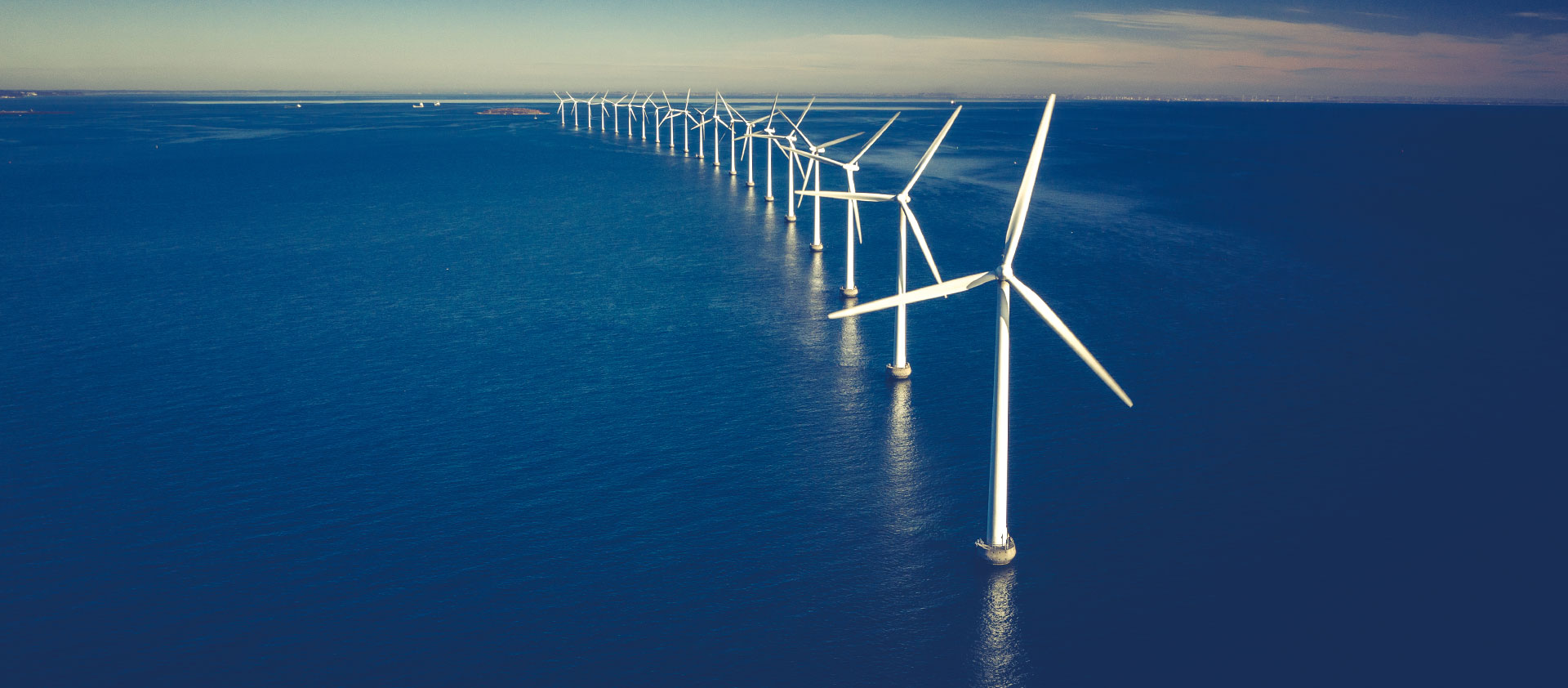Taxes and subsidies
AER AGL Aluminium Batteries Battery Budget BYD CATL CBAM China Coal Critical minerals Decarbonisation DMO Election Electric Vehicle Electricity/electrification Energy crisis Federal Election Finance Sector & Emissions gas Green Iron/Steel Hydrogen India & Adani Nuclear offshore wind Oil OP EDS Peter Dutton Podcasts Renewables Solar Tariff Taxes and subsidies US IRA/EU NZIA et al Wind
AUSTRALIA MEDIA RELEASE | NEW REPORT: IN THE MIDST OF A TRADE WAR, THIS IS ONE TARIFF THE WORLD DESPERATELY NEEDS – AND AUSTRALIA SHOULD LEAD
___
GLOBAL MEDIA RELEASE | NEW REPORT: IN THE MIDST OF A TRADE WAR, THIS IS ONE TARIFF ASIA DESPERATELY NEEDS
___
Rio Tinto sacks 40 employees from West Angelas near Newman, in Western Australia’s Pilbara region
News Corp papers
Energy & Resources Knowledge Hub | Australia’s iron ore future hinges on green transition, report warns
___
Green iron export bonanza: invest or look like ‘morons’
Canberra Times
Australia may lose $45 bln amid green steel rush, report says
Reuters
Investment in firmed renewables a key to securing domestic green iron production
PV Magazine
Mining.com | Australia may lose $45 billion amid green steel rush, report says
___
Australia risks losing iron ore market share without shift to green iron production – report
Australian Manufacturing
OP EDS | “Human Shields”: fossil lobby is exploiting farmers in campaign to keep its massive diesel subsidies
Michael West Media
Call to end nuclear power ban brings heated reaction in Australia
The Financial Times (UK)
Chevron under the microscope despite $3.5 billion tax contribution for 2023
___
